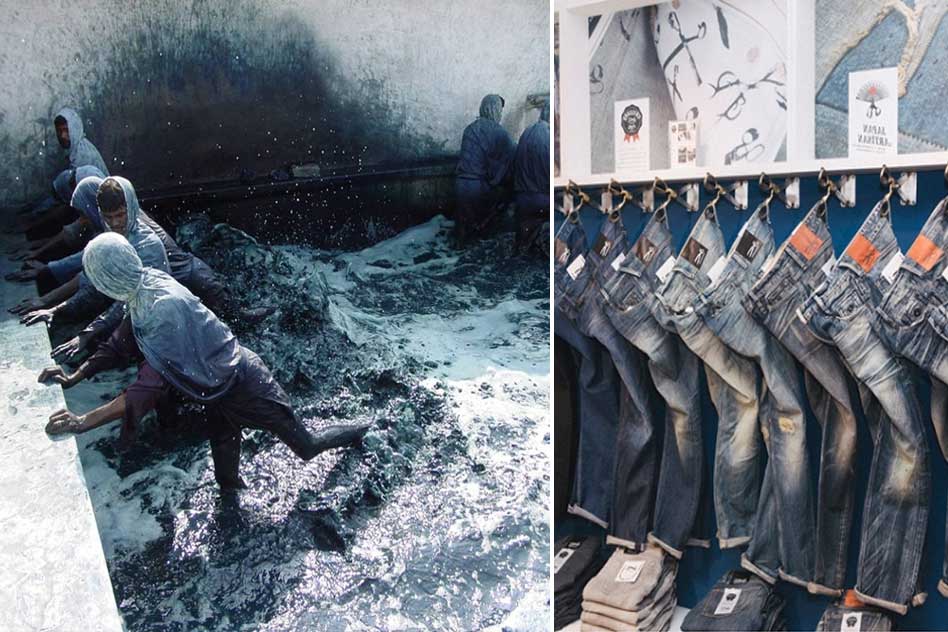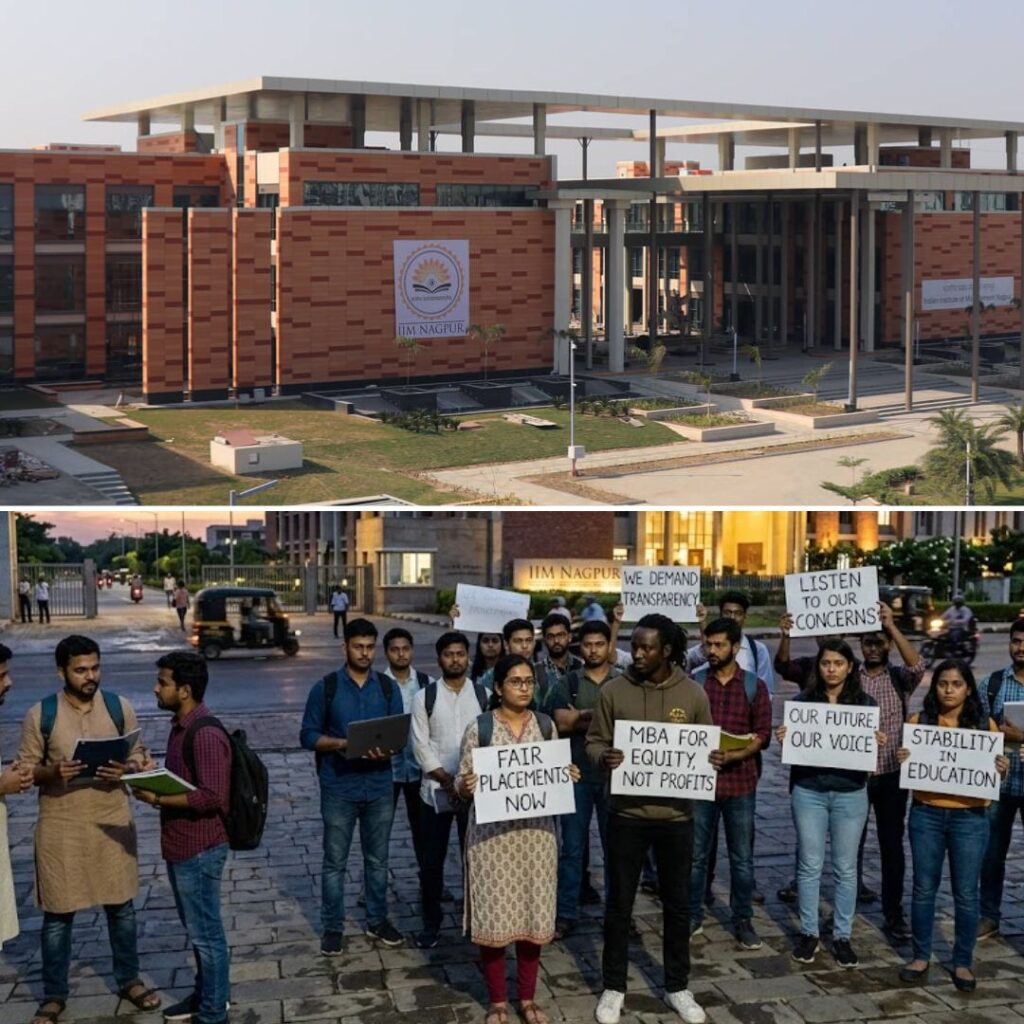Scoring a good deal on expensive clothes feels splendid, but let’s learn how these clothes are affecting our environment. Even the Denim we wear is dangerous for the Mother Earth.
Let’s consider a simple pair of “stone-washed” jeans. These are weathered using volcanic pumice stones. These stones are mined and shipped to denim companies all over the world.
The pumice weathers our denim, and as it breaks down, many companies put its dust into their local watershed. The large quantities of pumice dust pollute rivers and local streams.
Sometimes, even the small particles of denim end up in water which is then breathed in by the factory workers.
Initially, Denim was produced in the USA, and now it is made overseas in many developing nations.
The average price of jeans is now less than US$ 50, but the inexpensive denim comes at the cost of human labour and environment. Manufacturers moved operations overseas as the laws are more flexible and the labour is cheap.
The majority of cotton grown in China and India is genetically modified, and the unsustainable farming practice requires a massive amount of water and pesticides. Apart from this, the cotton farmers earn next to nothing.
Denim is dyed with synthetic indigo made of materials derived from fossil fuels. The synthetic dyes are toxic to factory workers and pollute waterways. Cheap Denim also devours natural resources. Up to 11000 litres of water are used to make one pair of jeans which then travel almost 10000 km by boat and up to 4000 km by truck to get to the local retail store. And when we’re finished with them, maybe we donate them, or maybe we don’t. Either way, they end up in trash.
As a citizen of the Earth, knowing the environmental impact we are having, we should all aim to be more conscientious while buying any item.












